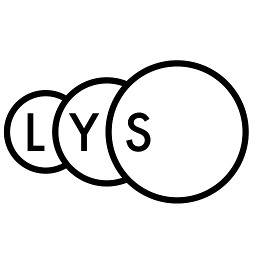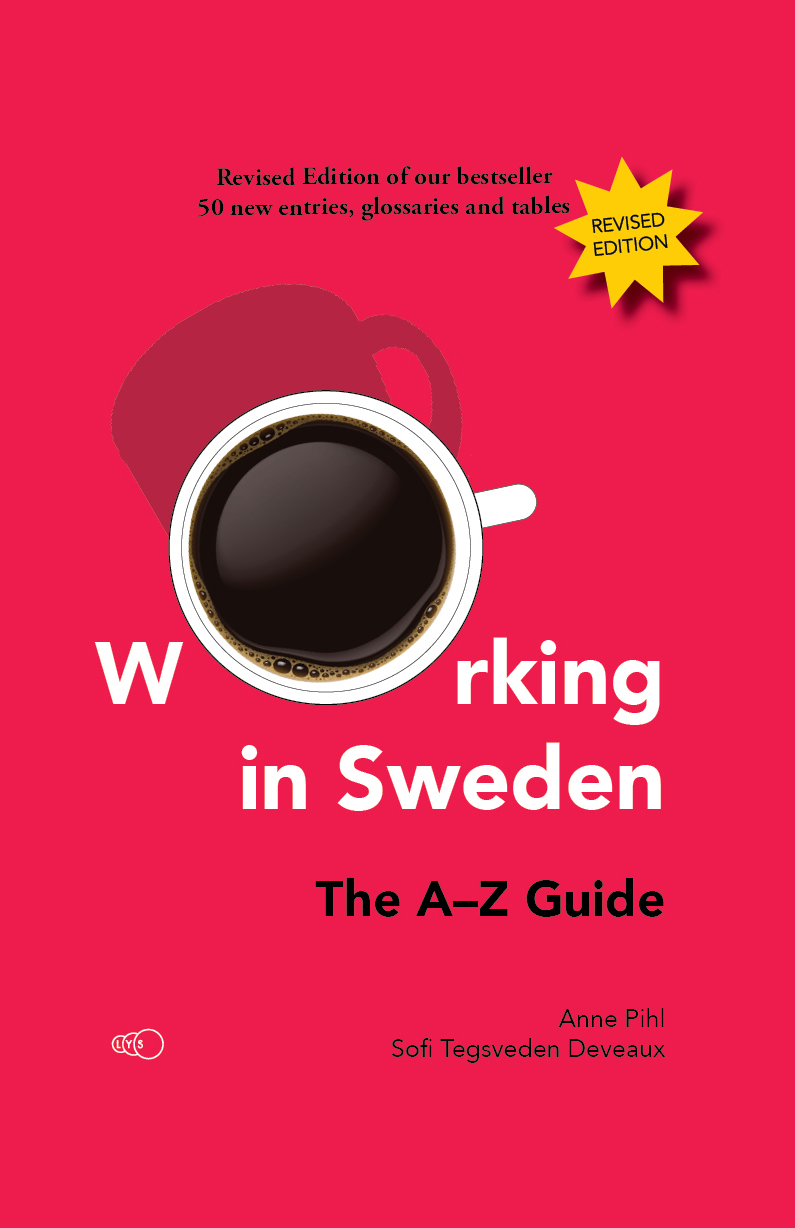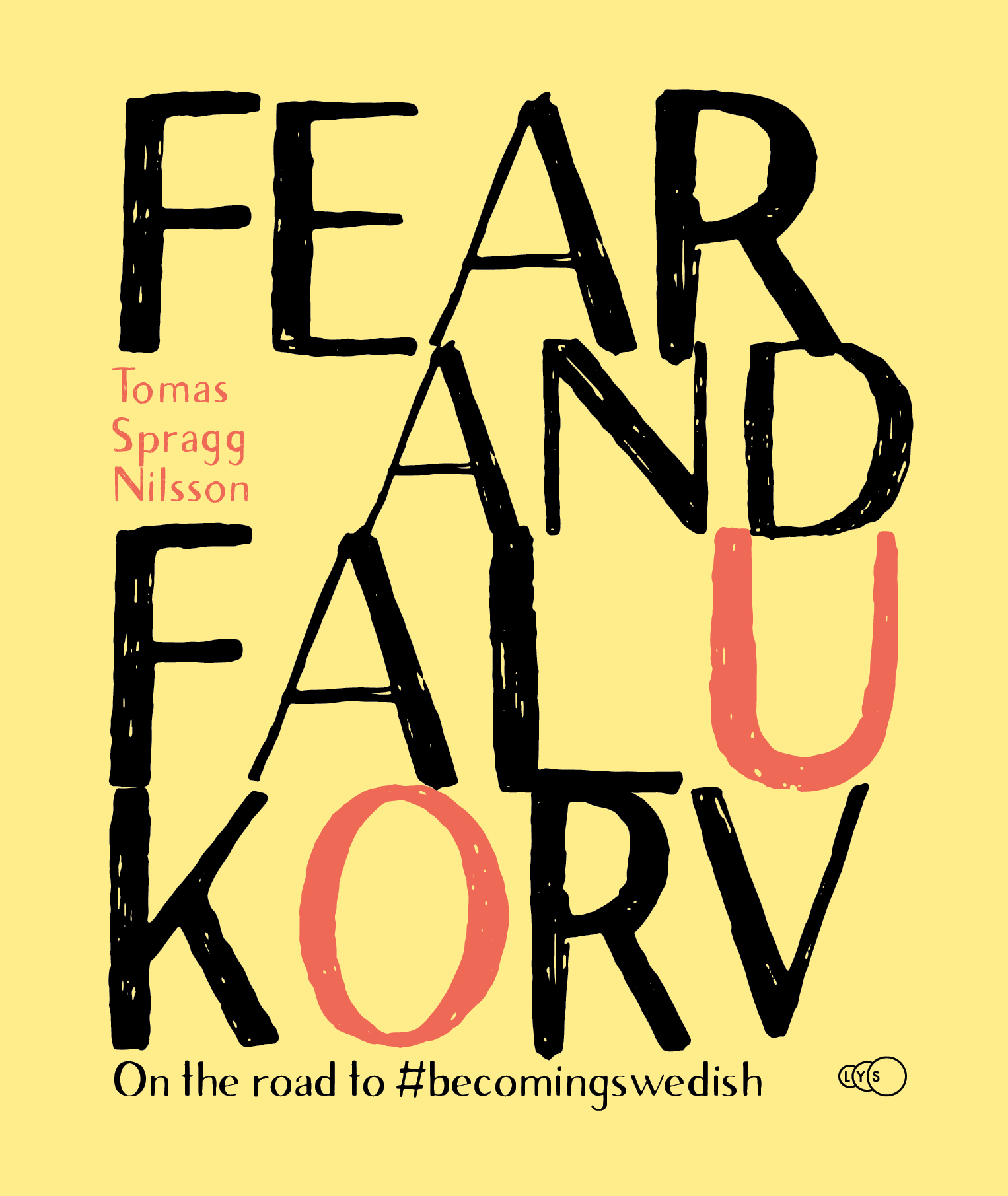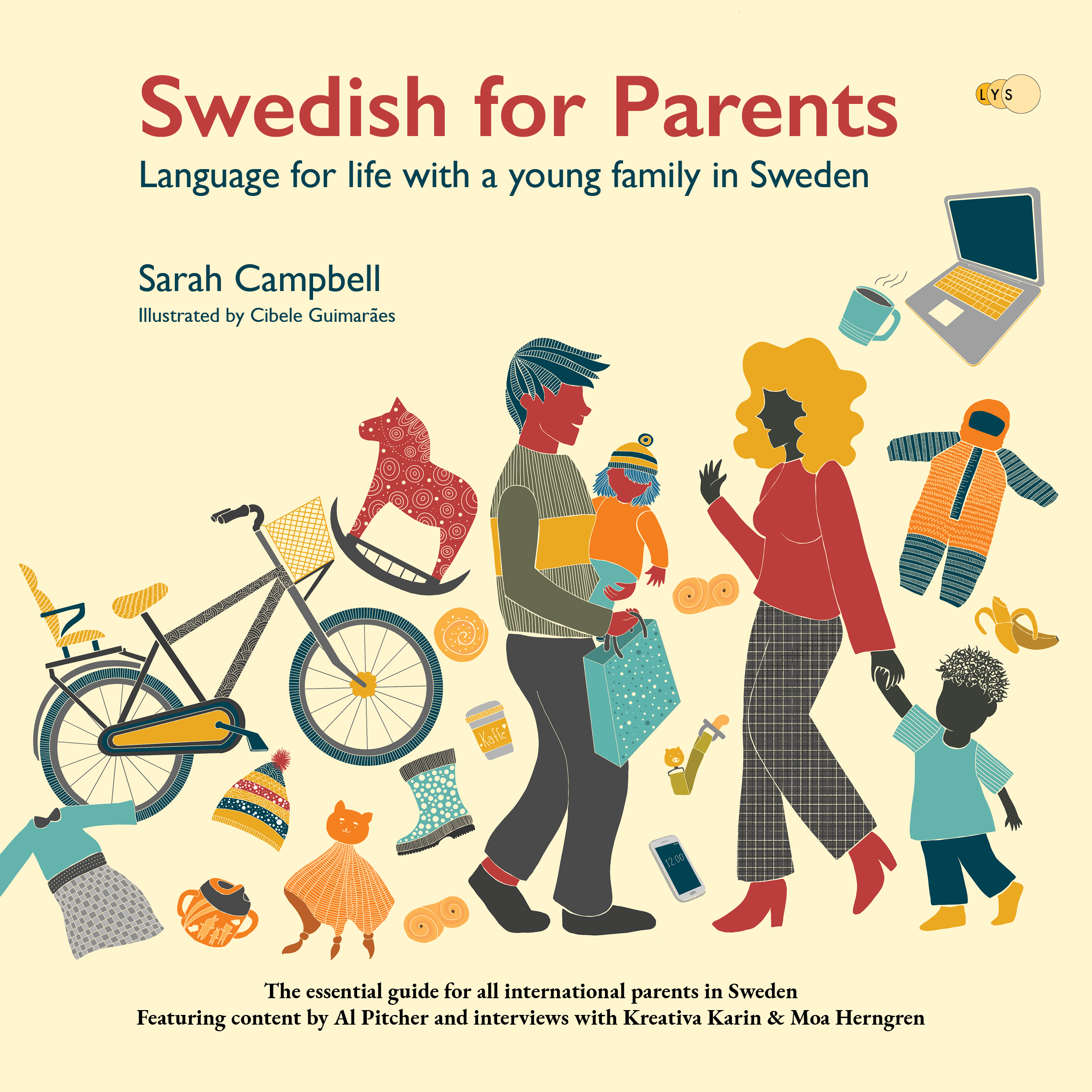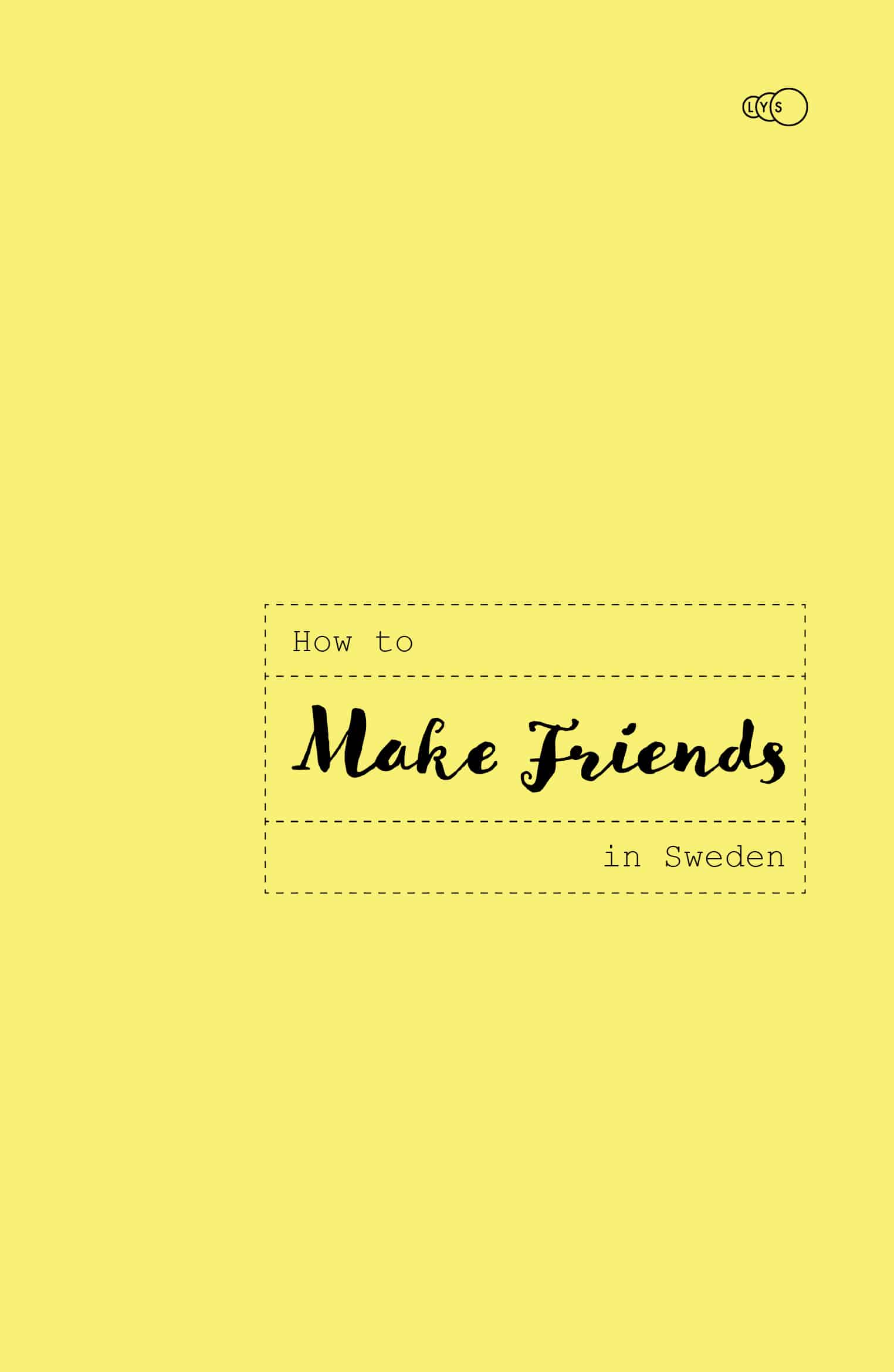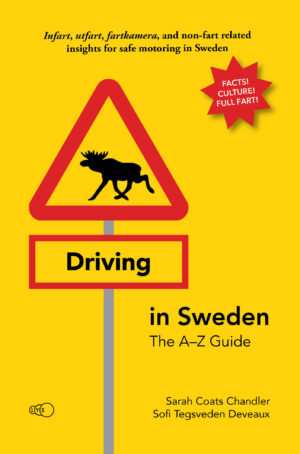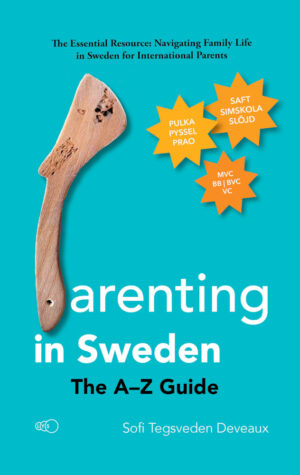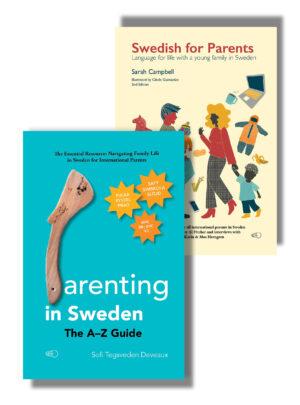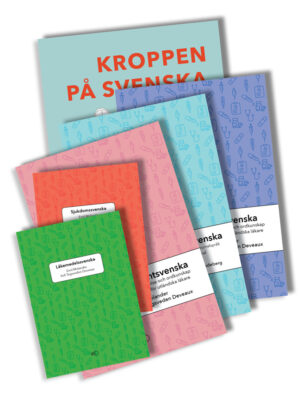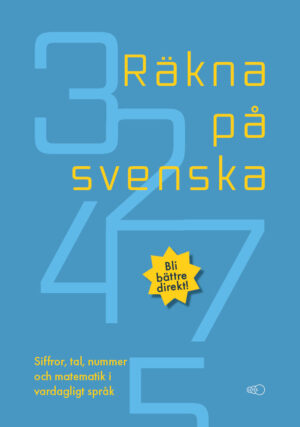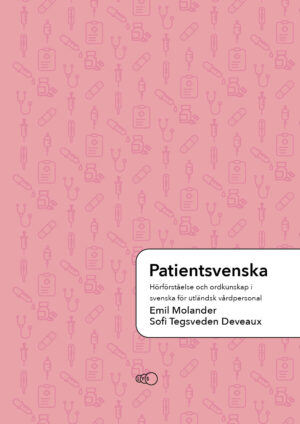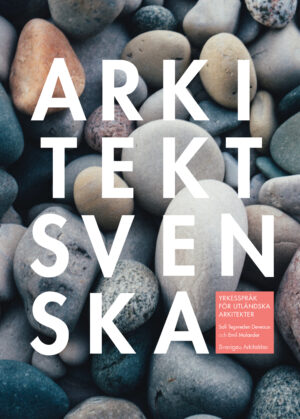Make sure they can see your potential
If you are good at what you do, you will probably be good at it anywhere. Being intelligent, well educated, serious, and having the appropriate work experience and skills is not culture dependent. However, when we talk about our assets, or present them to a potential employer, we tend to highlight what we believe they find important. This is often culturally biased. Make sure you are aware of the norm in your new country, so that your future employer can see your true potential. In this article we will discuss what the current norm in Swedish recruitment and work culture looks like, and how you can design your CV according to this.
Work on your layout
Swedes tend to value simplicity, clarity and a being-straight-to-the-point mentality. It is useless to try to impress anyone with a complex language or an artistic layout. In most sectors, one single A4 page is the norm. Even if there are many vacancies, there is still plenty of competition, and a recruiter will scan your CV, and others’, in seconds to make a shortlist. (In some industries, including the ‘creative’, longer CV’s are more tolerated, but I would rarely recommend anything more than a double-page A4. For academic or research positions, where you include publications, longer versions are also necessary.) Many of my students are shocked to hear this. They want to include everything they know, everything they have done, and everything they can do; and they are disappointed that I will not give them the chance! They are also shocked to discover what hard work it requires to shorten your CV. A short CV requires some wise and strategic filtering/omitting, and accurate formulations. Any word that does not carry essential information is a waste of paper space.
A winding career path can also lead to your goals
Compared to many other Europeans, Nordic employers have a rather pragmatic view on career paths, and seemingly irrelevant work experience is often considered significant in their eyes. This is particularly interesting if you have little work experience, or if you are taking a new direction. If you are recently graduated, but have had a few summer jobs in the past, this should definitely be stated. Swedish employers often regard ‘having worked’ as an important experience in itself, and do not feel confident hiring however talented graduates if they have never suffered the boredom work often means. If you are changing industries, your cross-disciplinary skills could be seen as an advantage. Highlight skills that you believe could be important in your new sector. This could be experience of leadership, project management, or administering a significant change in a company.
Be prepared to answer questions about gaps in your CV. Hiking the Himalayas is considered an appropriate excuse, and so is taking care of your new-born child, or learning a language. Watching TV at your parents’ house for a year is not. In general, Swedish employers are very understanding as long as there is an explanation, and especially if you can talk about how this has taught you something.
Check out our books about life in Sweden:
(Article continues below)
Should I translate my CV into Swedish?
Unless you are applying for a job in an international firm that requires particular language skills, your CV should be in Swedish or English. If you have not previously worked in Sweden, I would, personally, recommend English in most cases. Translating your CV into Swedish is a laborious task, and the result will not necessarily be good. An increasing number of job titles are in English, and so is technical terminology, and a consistency in terms of language often looks better than a mixture. If you choose to translate it into Swedish, make sure you get advice from a Swedish speaking professional with knowledge in your field. Sector-specific terminology is intricate, and it is crucial that you get the details right.
Where do I begin?
CONTACT DETAILS
At the very top, all your contact details should be clearly presented. This includes your full name, postal address, phone number, e-mail, link to your LinkedIn profile, and if applicable, a link to professional website or portfolio. In terms of your LinkedIn profile, it is advisable to create a personalised URL. This will take less space and look more professional. Your e-mail should contain your full name, and preferably a universally known e-mail provider such as Gmail. Hotmail is not considered serious.
PERSONAL PROFILE
Some professionals use this very short section to summarise who they are and what goals they have. If you have something interesting to write here, go for it. If you end up using clichés, skip this part!
There are many differing opinions about whether you should include a photograph or not. Personally, I believe it is not a top priority. If you keep your CV to an A4, you hopefully have something more relevant to fill the space with. Your CV should always include a link to your LinkedIn profile, where a photo is an absolute necessity.
WORK EXPERIENCE
The content of your CV should be presented in reversed chronological order, that is, your latest experience at the top. This also means, in most cases, that you place your work experience above your education. Only if you are very recently graduated, and lack any relevant work experience in your field, should you place education above work experience. Each point should clearly present dates, job title, employer/company and your responsibilities.
Many Swedish employers look not only for technical or directly work-related competence, but are also interested in your human skills. Swedish work life is very consensus focused, which means it is much more celebrated to be a good team player than the best performer in the office. Remember that even if you tend to think of yourself as the latter, you are probably both.
EDUCATION
In the education section, degree, grades (if applicable), name of institution. Title of dissertation/thesis. Again, Swedes are more practically than theoretically oriented, and believe education is much more worth if in conjunction with work experience. Highlight any collaboration with professional industry.
OTHER
Last, you specify what languages you speak and at what level. Always be truthful about your language skills (and everything else of course), but state if you are currently taking courses. Computer or technical skills are important, be as specific as you can. Sweden (arguably) has the world’s highest computer literacy, and it is not enough to say that you know how to use the Internet or create a word document. Specify your proficiency for each software package that could be considered useful for the position you will apply for. A driver’s license is always a plus. If you have received any relevant awards or important nominations, this can be included. The same applies for voluntary experience.
